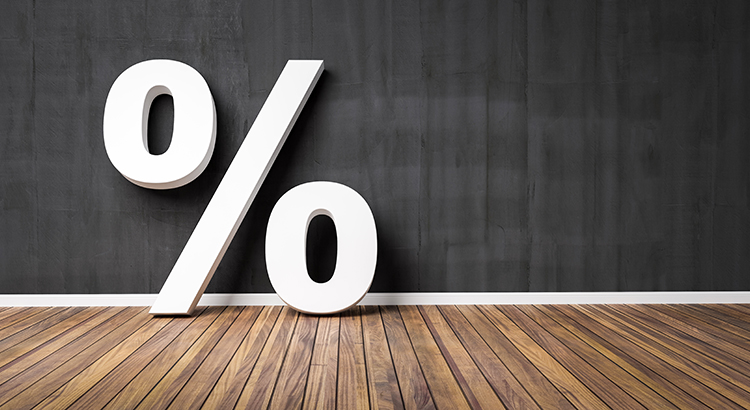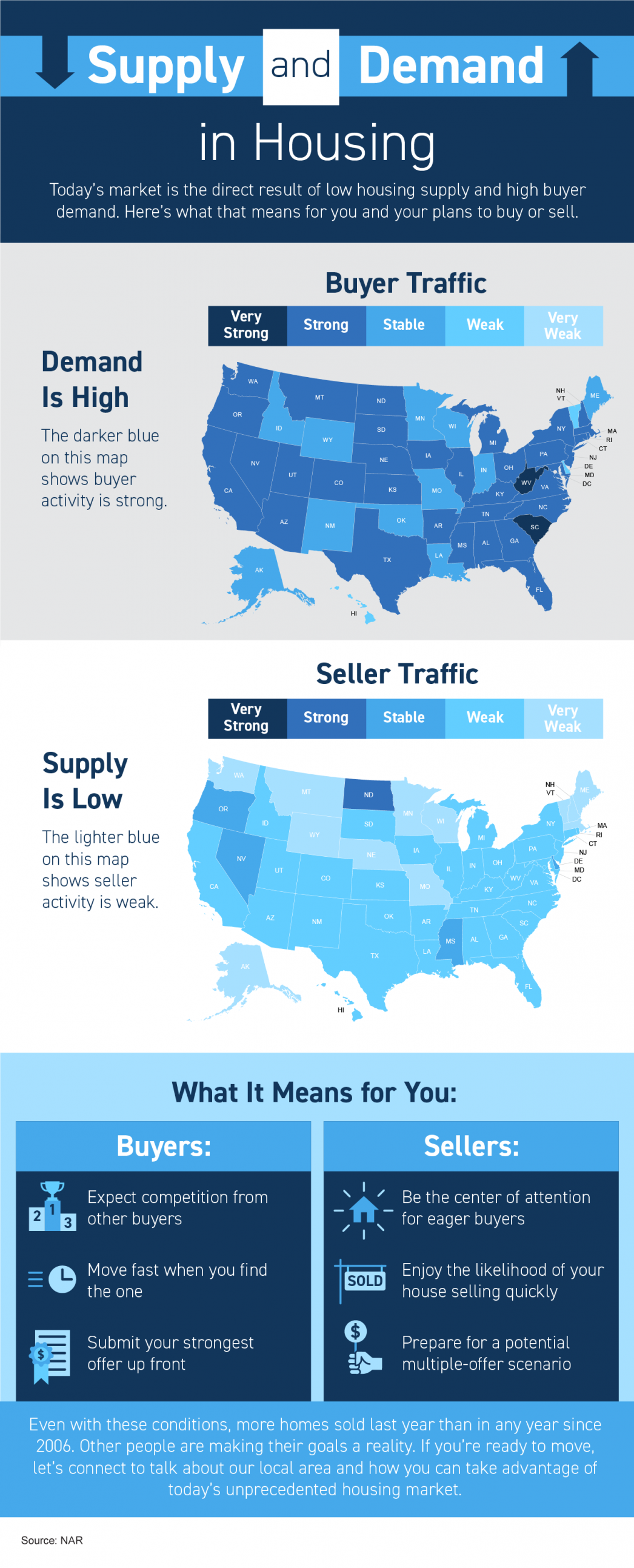How Refinancing Can Benefit You Right Now
Whenever there’s significant movement in the real estate market, homeowners begin thinking about how it might impact their home value and mortgage amortization. The home finance and valuation roller coaster of 2020 and 2021 has led to incredible levels of activity in the mortgage sector, both for initial home loans and for refinancing.
Are you wondering whether mortgage refinancing is right for you? Read on to find out the benefits you could experience right now and the things you need to keep in mind in order to make the best possible financial decisions in the days and weeks ahead.
Benefits of mortgage refinancing
According to Freddie Mac, 2020 mortgage refinancing had its most active yearsince 2003, with approximately $2.6 trillion in inflation-adjusted refinance originations. But why was a refi on everyone’s to-do list during the thick of the pandemic?
Take advantage of lower interest rates
One of the first responses to the economic implications of the COVID-19 shutdown was a drop to zero for the Federal Reserve’s benchmark interest rate. This led to massive volume in refinancing activity, with some lenders raising their lending requirements and others simply shutting down originations until the market stabilized.
For those who originally financed their home at higher interest rates, the past year has been an opportunity to take advantage of historically low rates in order to save money over the life of their mortgage loan. In some cases, according to Freddie Mac, there were even repeat refinances where homeowners refinanced multiple times to continue chasing interest rates downward. This was especially prevalent in high-cost urban markets like Los Angeles, where almost 20 percent of refi’s were repeats.

Change the terms on your current mortgage
For some homeowners, refinancing offers the opportunity to lock in lower monthly payments or a shorter amortization period for their home loan. This may be in association with lower interest rates or, for example, a shift from a 30-year mortgage to a 15-year mortgage.
A similar effect may be achieved with additional principal payments over the life of the mortgage or with biweekly payments versus monthly payments. Check with your mortgage servicing provider to find out your options before refinancing.
Free up funds for needed home repairs or improvements
If you spent the pandemic making a list of ways to change your current space, mortgage refinancing offers the opportunity to make needed repairs or upgrades. This may mean taking on big-ticket deferred maintenance items like a new roof or new windows, or it could mean upgraded outdoor spaces or the installation of an ADU (accessory dwelling unit) as a long-term home office solution.

Free up funds to purchase a second home or investment property
For homeowners who have been wishing to purchase another property, either to use as a vacation home or as a rental property, this is a great time to refinance and tap into their increased home equity. This could either involve using funds for a down payment or to purchase a property outright for cash. If taking on a mortgage for a second property, ensure that the payments are affordable when combined with the new terms and payment schedule for your refinanced primary residence.
Things to consider before refinancing
While refinancing can seem like a quick and easy way to free up needed funds, it’s not free money. Make smart decisions when determining whether or not to refinance your current home.
Closing costs vs. savings
It’s important to crunch the numbers and find out how much you are saving through your refinanced mortgage compared to the costs associated with applying for and closing on your refi. Determine how long it will take you to recoup those costs through the savings associated with your new home loan. Only after that will you begin truly profiting through this strategy.

How long you’ll stay in your home
If you’re planning to move out of your home within the next year, you may find that you are limited by the terms of your refinanced mortgage. In addition, you may find that you are unable to recoup the costs of your refi before you sell or that you would do better to simply make extra payments toward the principal on your own.
Your overall financial strategy
Whatever your goals are for refinancing your home, you need to ensure that they are part of a smart, overall financial plan. Before you tap into any equity you’ve accumulated, make sure that the following are on track:
Emergency funds
For many people, the equity in the home is an important financial stopgap in case of emergency or income loss. Before you use funds to upgrade your space or purchase a vacation home, make sure you have at least three to six months of living expenses in reserve.
Temptation to overspend
If you know that spending is an issue for you, put some clear limits on the way that you’ll use the money your refi may make available. Some people refinance their homes repeatedly to fund vacations, cars, or other short-term wish list items, then find themselves overextended and with little or no significant equity in the home. Practice smart money management and budgeting to keep yourself out of this predicament.
Mortgage affordability
It may be tempting to tap into your home’s value in order to upgrade to a larger home or take on an additional property. Make sure that the resulting mortgage payment(s) make sense for your current income level and anticipated future income.
Retirement planning
Smart money management includes retirement planning as well as the ability to leverage the equity in your home. Talk to a financial planner to find out how to ensure that both pieces of your long-term planning remain on track as you make decisions about your mortgage.
JoJo and Sully
Contact me with any questions!
GET IN TOUCH
Engel & Völkers Atlanta
1745 Peachtree Street NW
Atlanta GA, 30309 Office

GET MORE INFORMATION





